Permaculture
Permaculture design seeks harmonious integration of landscape and people to provide food, shelter, energy and other material or non-material needs in a sustainable way.
What is Permaculture?
Permaculture (permanent culture and permanent agriculture) is a system designed for environmental management within the community. It aims to fulfill needs and to remain sustainable by utilizing local resources through environmentally sound methods that are energy efficient and balance local wisdom with nature and the environment.
The Permaculture approach is an important alternative that moves forward in producing healthy organic plantations, home garden designs, more efficient village layouts, healthier environments, alternative energy production methods, and sustainable economic development. This design method works with nature's systems, reduces pollution and waste, and is able to produce food and productive yields with low energy.
Permaculture is applicable to both urban and rural contexts, and to any scale of design. It is about working with, rather than against, nature.
Find out more about IDEP Foundation projects.
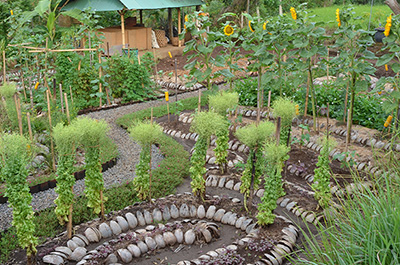
Organic farming is a practice that reflects Permaculture principles. It is the practice of using renewable techniques to achieve sustainability by means of non-chemical substances.
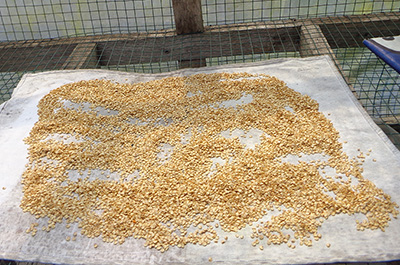
With hybrid and Genetically Modified Organism (GMO) seeds flooding into Indonesia and the proliferation of GMO products globally,
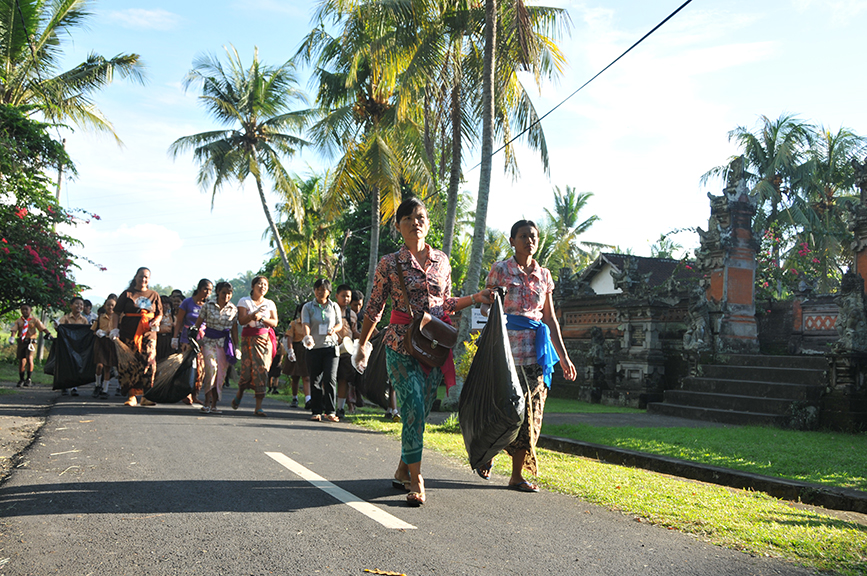
With the drastic increase of foreign tourists who visit Bali annually and the rapid growth of the local population due to vast development.
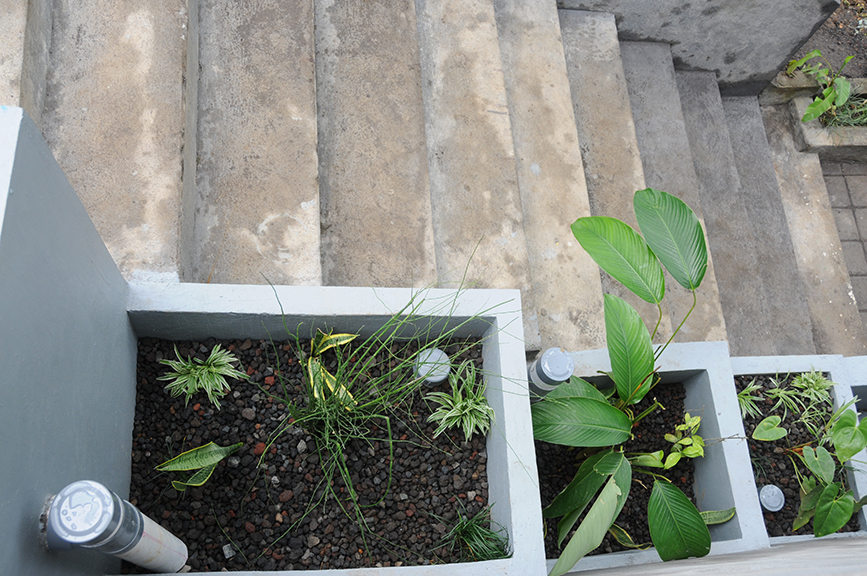
Untreated sewage is a leading cause of environmental degradation and it is reaching alarming proportions in Bali and throughout Indonesia.
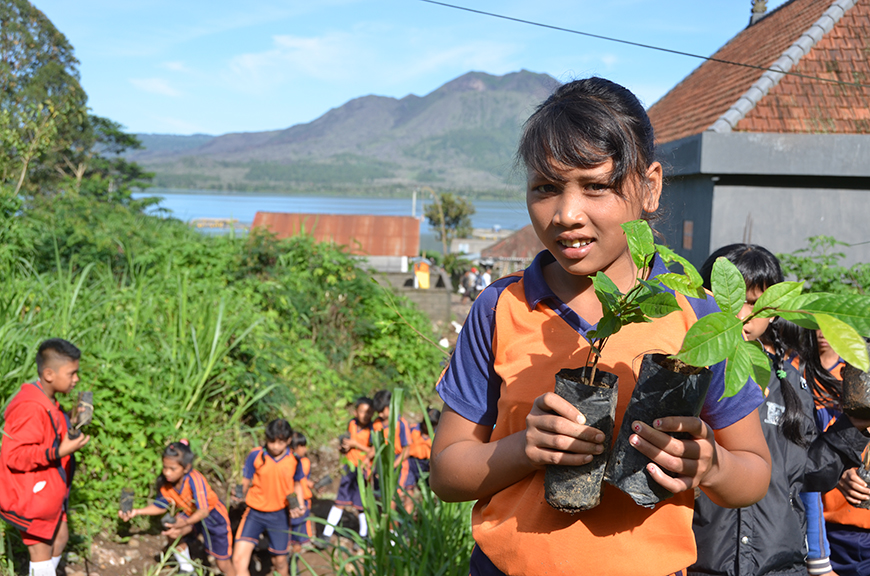
Permaculture is an effective design for self-sufficient communities using sustainable, environmentally sound principals.
|






